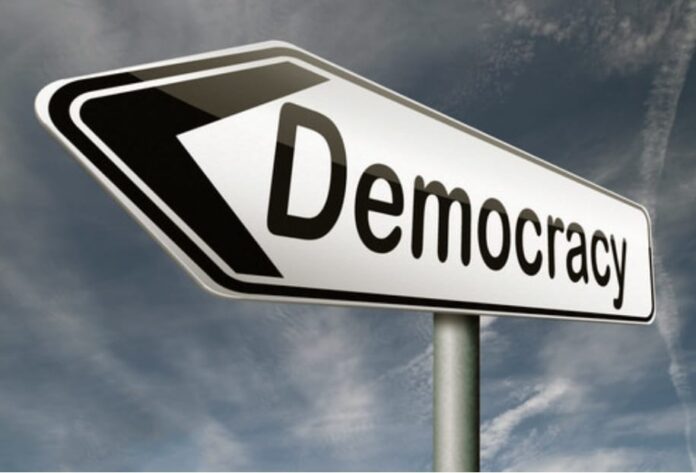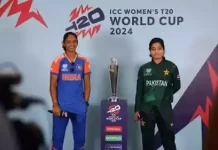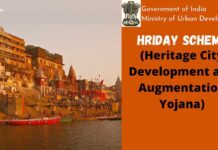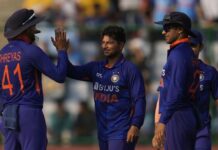Definition of Democracy
- It is defined as a form of government where rulers are elected by the choice of people.
- So, the difference between democratic and non-democratic governments is that the power of electing their representative is in people’s hands.
Features of Democracy
Although there are other aspects to democracy, we look at six key features. When these six main features are present it indicates a strong democracy.
They are:
1) Respect for basic human rights,
2) A multi-party political system paired with political tolerance,
3) A democratic voting system,
4) Respect for the rule of law,
5) Democratic governance
6) Citizen participation
Arguments against Democracy
Argument of instability may rise because the government is changed frequently:
- a) Political competition and power-play can take the dominance over morality.
- b) Delay in decision making because of multiple consultations.
- c) Lack of knowledge in the public interest can result in wrong decision making.
- d) Democracy is based on electoral competition, it brings corruption.
- e) People electing their representative may be unaware of their wellbeing.
Arguments in Favour of Democracy
- A democratic government is always a better government since it is an accountable form of government.
- Democracy improves decision making quality.
- Democracy gives a method to deal with differences and conflicts.
- Democracy enhances citizens’ dignity.
- Democracy is better compared to other forms of government since it allows us to correct our mistakes.
Democracy in India
- India is seen as the largest democracy around the world.
- Since independence, citizens have been given the right to vote and have equal rights in voting without considering their caste, religion, gender or colour.
- Democratic principles by which the Indian government functions are: sovereign, socialist, secular, democratic and republic.
- Elections are held after every 5 years.
- Government officials work under the Election Commission during election days.
Why is a democratic form of government most popular?
Some features of democracy make it most popular form of government:
- In democracy, the government is accountable for the public interests. Decision making is not completely dependent on the ruler.
- This form of government takes all decisions pertaining to the best of their people.
- A passive resolution to every predicament is provided in democracy.
- Democracy gives the best method for dealing with conflicts in ideology.
- Countries like India have a vast diversity of religion, language, castes
- and creeds, one solution leads to unity.
- Political equality is maintained in democracy by giving equal priority to
the poor, educated and uneducated.
Direct Democracy
Direct democracy is a form of democracy where citizens share an equal role in the decision making process. Modern democracies consist of a large amount of people, which is not
physically possible for them to sit together and make a decision. All citizens do not have time or skill to take part in entire decision making.
Representative Democracy
Representative democracy is the form of democracy in which the majority of people rule through their elected representative.
- This kind of democracy is realistic and huge democracies as all people do not have desired qualifications to rule.
- So, direct rule is not possible.
- Hence, the majority through their elected representative is allowed to take decisions on behalf of all the people.
- So, representative democracy is required where elected people can take collective decisions.
Non-Democratic Government
- In non-democratic countries, criticizing the government may lead to oppressive action such as harassment, imprisonment etc.
- No elections are held as it is ruled by the king or military.
- There is no place for the opposition party.
- Unions which abide by the government policies are welcome.
- Final words of the dictator or the military rulers are taken into consideration.
- Common people cannot think of high positions in government.
Examples of non-democratic governments:
- In Myanmar, the army controller becomes the ruler and people over there have no role to play in electing their representative.
- In Saudi Arabia, the representatives are from royal families, this is the base on which they qualify to become kings. Here also, people have no role to play in making decisions.


































